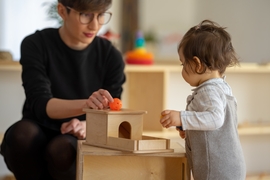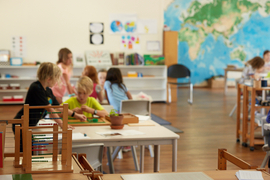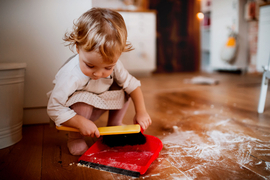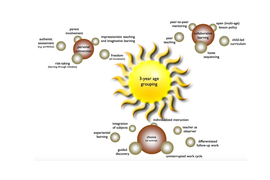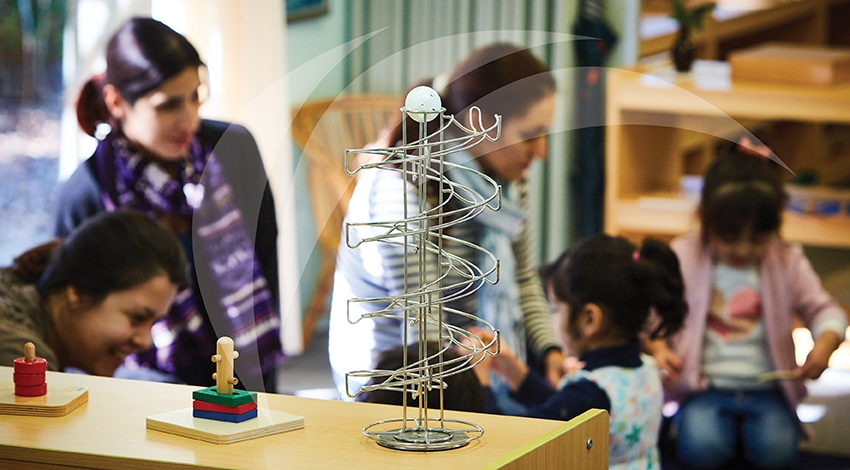
The trend in 2018 is to speak about digital technology, digital disruption to future jobs, creative industries, entrepreneurship and of course the types of jobs that will disappear or change radically.
Dare I say that all this jargon is alas past news. We are already experiencing major disruptions and will be facing impressively fast changes in all industries moving forward. So what will a classroom or a teacher look like in ten years, twenty years or even in the next five years?
The hope among many teachers is that their job will still be satisfying and rewarding. The conversation is had with trepidation of wanting to know that children/ students will still have their fundamental needs met. If we want to provide an holistic education, then we are looking at academic, physical, social and spiritual needs, not just digital input.
The educator of the future will need many talents:
- Flexibility to change rapidly and adjust intentionally
- Very high social competency to develop relationships and partnerships
- Creativity to think differently and with diversity
- Openness to understand the old and welcome the new in any sphere
- A willingness to be a continuous learner
There is a sense in 2018 that a student’s human qualities must be supported and managed for that person to achieve optimally. The student’s personality, qualities, capabilities and emotional maturity must be considered. The question then will be how does the fast pace of life in general, and technology in particular, affect these basic needs?
The belief, coming from a Montessori perspective, is already nearly resolved. The future teacher is already there in your classroom: it is the student. Students in a Montessori class are invited to be well organised: from the age of five, students plan and develop ideas for chosen projects, they are critical thinkers, and make selected, appropriate choices. They are socially adaptable in an environment where working in groups to resolve problems and complete demanding tasks is a daily occurrence. Students in a Montessori environment are leading their learning by choosing how, when and, mostly, what they need to progress their capability and knowledge.
What we see in future educators are these primary learners able to select their direction and work actively in areas of their choice. Content and information will no longer need to be handed to them, as these entrepreneurs are able to source it independently in many formats. Creativity, strategic and lateral thinking, maintaining a sense of value for environmental sustainability, and operating with high efficacy via self-directed learning: these are the skills needed by our future educators, embedded in the Montessori method of education, and which we foster as Montessori educators.
Yvonne Rinaldi, Caboolture Montessori School
Adapted from an article on Caboolture Montessori School’s blog from December 2017.
